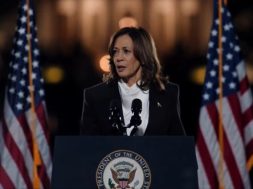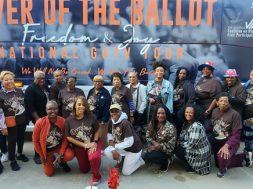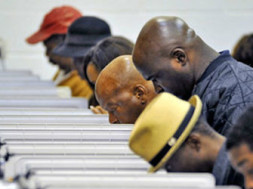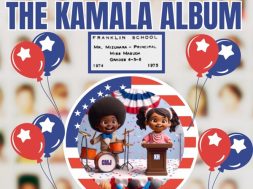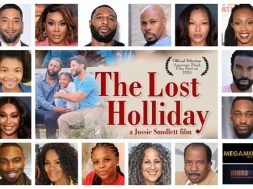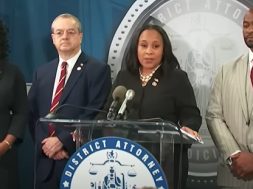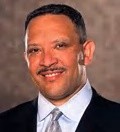
Dr. Martin Luther King, Jr. and The Gospel of Action
“Life’s most persistent and urgent question is, ‘What are you doing for others?'”
– Dr. Martin Luther King, Jr., American Civil Rights Activist
By Marc Morial – National Urban League Wednesday (To Be Equal #2)- There is no shortage of words in the English language to describe Dr. Martin Luther King, Jr. By now-over five decades after his fiery delivery of the iconic “I Have a Dream” speech at the Lincoln Memorial in Washington, D.C.-you may feel as though you have heard them all: leader, hero, visionary, champion, inspiration, pacifist, orator and preacher, to name a few. Of all the possible descriptions and titles that have been assigned to Dr. King, history has proven that his legacy endures in our collective American imagination and our national politics not because of what he was, or who he was, but because of what he did. Dr. King changed our society with action. Soaring rhetoric may move our hearts and imagination, but it is action that translates our seemingly impossible dreams into reality.
Dr. King’s all-too-short life was a monumental one that moved our nation to enact large-scale, course-correcting policies like the Civil Rights Act of 1964 and the Voting Rights Act, and genuinely contemplate a day when we would “transform the jangling discords of our nation into a beautiful symphony of brotherhood,” but he departed from this earth with unfinished business.
Our nation has made undeniable progress since Dr. King described his dream of an America set free from the bondage of racial animosity, injustice and economic inequality. Today, people of color are achieving milestones that would have been impossible without the decades-long accumulation of constant acts of courage to make change happen. But Dr. King did not dedicate himself to a life of action only to create wealth and opportunity for a privileged few, to diversify the palette of America’s corporate offices, or even the White House. While Dr. King would have likely been proud to live in a country that judged an African-American not on the color of his skin, but the content of his character, and elected him president, he would be disheartened to witness the mounting rollbacks in voting rights, disappointed to stand at the cusp of the ever-widening chasm of economic inequality, and disillusioned at the loss of Black lives at the hands of law enforcement. Progress must not grow into passivity. Complacency will only serve to erode the gains our nation have made and can make under the constant vigilance and activism of its citizenry.
In his last State of the Union address to Congress, President Barack Obama acknowledged the necessity of every day acts of courage and quiet citizenship to move our nation closer to fulfilling its founding promise of life, liberty and the pursuit of happiness for all its people. “What I’m asking for is hard. It’s easier to be cynical; to accept that change isn’t possible, and politics is hopeless, and to believe that our voices and actions don’t matter. But if we give up now, then we forsake a better future.”
That better future is what Dr. King saw on the mountaintop. He did not live to get there with us, but his clarion call to justice lives on. We, as the heirs of the change he sought, can make this holiday a more meaningful one by engaging in civic, community and service projects. We can spend the day doing what Dr. King did for a lifetime: serving others. But this is about more than a day. Full, unfettered access to voting will not be restored in one day. Police brutality in communities of color will not end in one day. Economic inequality will not be resolved in one day. It will take days, years, decades and perhaps generations, but if we are wedded to the idea of a more perfect union, it is imperative that we continue Dr. King’s long and worthy climb to the mountaintop.
National Urban League
The National Urban League is a civil rights organization dedicated to economic empowerment in order to elevate the standard of living in historically underserved urban communities. Founded in 1910 and headquartered in New York City, the National Urban League spearheads the efforts of its local affiliates through the development of programs, public policy research and advocacy. Today, the National Urban League has 93 affiliates serving 300 communities, in 35 states and the District of Columbia, providing direct services that impact and improve the lives of more than 2 million people nationwide. To learn more about the National Urban League, visit www.nul.org and follow us on Twitter @NatUrbanLeague
